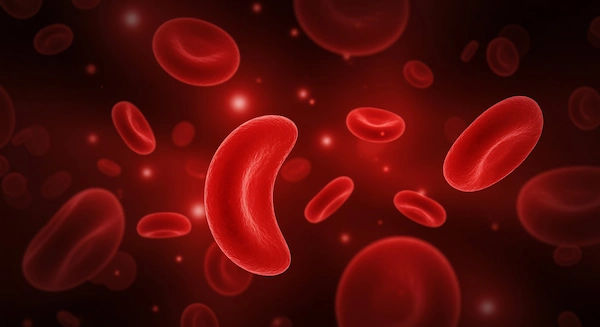- male
- 61 Years
- 22/01/2025
I'm really concerned about something and wanted to get your advice. I'm 61 and just had some tests done. They said my LV function is normal with an EF of 60 and no RWMA, but I have trivial MR and Grade 1 LV diastolic dysfunction with concentric LVH. The valves check out fine and there are no clots, vegetation, or pericardial effusion. My chamber dimensions are normal too. But when I did a stress TMT, it showed some significant ST changes in leads II, III, AVf, V4, V6, although I had no arrhythmia or chest pain, and my heart rate and blood pressure responded normally. Should I be worried about these ST changes? What does this all mean for my heart health?
Answered by 1 Apollo Doctors
Based on the information provided, it seems like the patient may be experiencing some significant ST changes in specific ECG leads without chest pain. In this case, the patient may benefit from medication to help manage their condition. The patient can be prescribed Aspirin 75mg daily to help reduce the risk of cardiovascular events. Additionally, Atorvastatin 20mg can be prescribed to help lower cholesterol levels and reduce the risk of further cardiac issues. In addition to these medications, Metoprolol 25mg can be prescribed to help manage the patient's blood pressure and heart rate, especially in the presence of significant ST changes on ECG. It is important for the patient to follow up with their healthcare provider regularly to monitor their condition and adjust their treatment plan as needed.
Dr. Mubarak Suggests...
Consult a Cardiologist
Answered 04/07/2025
0
0

More Cardiology Health Queries
View allMy mom was diagnosed with chest pain on December 7, 2018. She's in the hospital, and the doctor did an angiography and is suggesting a bypass. I'm really worried and just want to know if the bypass is absolutely necessary and how long we can safely delay it. She's had blood pressure for about 10 years and diabetes for the last 4 years. Could you please advise?
"Hi Nirav, based on the information provided, if your mother has been diagnosed with chest pain and the doctor has recommended bypass surgery after performing Angiography, it is likely that the bypass surgery is necessary to improve blood flow to the heart. Given her history of high blood pressure and diabetes, it is important to follow the doctor's recommendation in a timely manner to prevent any further complications. I would recommend discussing any concerns or questions about the timing of the bypass surgery with the treating physician to determine the best course of action. In the meantime, it is important for your mother to continue taking her prescribed medications for blood pressure and diabetes as directed. For chest pain relief, she can take medications like Aspirin and Nitroglycerin as prescribed by the doctor. It is important to follow the doctor's advice regarding the dosage and frequency of these medications. Regular follow-up appointments with the doctor are also essential to monitor her condition and make any necessary adjustments to her treatment plan. If you have any further questions or concerns, feel free to ask. Take care."
Answered by 1 Apollo Doctors
I'm really concerned about this ongoing chest pain I've been experiencing along with pain in my left arm. It's been happening quite a lot over the past eight months. I'm trying to figure out what's really going on. Any ideas what could be causing this?
This could be a sign of a heart condition, specifically angina or a heart attack. It is important to seek immediate medical attention. In the meantime, you can take aspirin (e.g. Bayer Aspirin) 325mg to help reduce the risk of blood clot formation.
Answered by 1 Apollo Doctors
I'm looking at my ECG results and I'm not sure if they're normal. My heart rate is at 101 BPM, P wave is 98 ms, PR interval is 128 ms, QRS is 98 ms, QT is 332 ms, QTc is 431 ms, PQRST numbers are 655747, and RV5SV1 is 1.8150.693 mV. Should I be concerned about any of these readings? What do these numbers mean?
Your ECG reading shows the following values: - Heart Rate (HR): 101 BPM - P wave duration (P): 98 ms - PR interval: 128 ms - QRS complex duration: 98 ms - QTQTc interval: 332431 ms - P wave axisQRS axisT wave axis: 655747 degrees - R wave in lead V5S wave in lead V1: 1.8150.693 mV Based on these values, your ECG reading appears to be within normal limits.
Answered by 1 Apollo Doctors
Disclaimer: Answers on Apollo 247 are not intended to replace your doctor advice. Always seek help of a professional doctor in case of an medical emergency or ailment.





